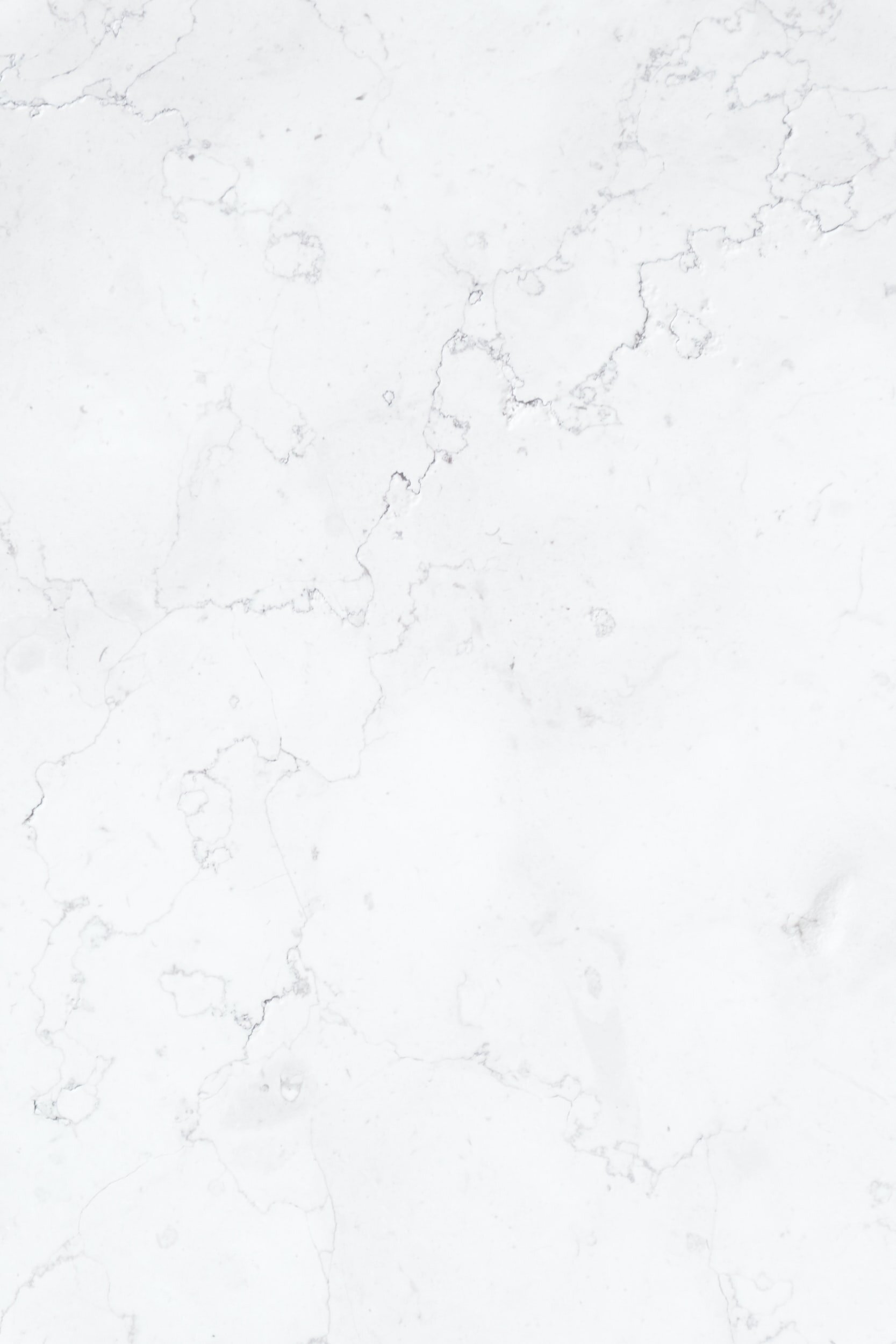
Why I Write
I discovered Rainer Maria Rilke in 1999 in the stacks of Firestone Library at Princeton University.
There amongst the rows of unending book spines, was waiting a humble and small paperback titled “Letters to a Young Poet.” To this day, I’m still not sure why my index finger chose this book; the finger tipped the top of the spine towards me and pulled it out.
The cover was unexciting, and I absentmindedly opened the pages. I skimmed the first page, read the second, and fell headlong into the rest of the book. Rilke’s words were like a cathedral to me, with great big double doors opened and leading me towards gentleness and understanding. The particular verse that gripped me was this:
“Be patient toward all that is unsolved in your heart and try to love the questions themselves like locked rooms and like books that are written in a very foreign tongue.”
Twenty years later the patience is still unfolding through my writing.
Word after word, line by line, I write to discover what is unsolved in my heart. But I have been inconsistent with my writing. Chunks of years passed when I didn’t write and ignored the unsolvable, while tackling more immediate problems: hustling for clients, changing nappies, paying the bills. As the unsolvable grew weightier and weightier in my heart, I finally turned to writing again. And then I found another Rilke verse that reverberated with my own thoughts:
“In the deepest hour of the night, confess to yourself that you would die if you were forbidden to write. And look deep into your heart where it spreads its roots, the answer, and ask yourself, must I write?”
I must write. And blessedly, I currently have the opportunity and space and time to write.
And I find the more I write the more I evolve towards a calmer and more content individual. The act of writing is therapeutic. The movements of my hands help me think, and seeing words form on paper cements thoughts in my head. I imagine a circular flow of energy: complicated emotions arise, are channeled through my hands, become clear words forming in front of my eyes, and then comprehension inside my head. When I sit in lectures, jotting notes is how I understand the professor's words. And when I study, copying text is how I retain information. In fact, writing is how I argue with my husband: first I write down my arguments and then I verbally spar with him (even in my anger I do appreciate his patience). And through words is how I love and lust - admittedly a mediocre Danielle Steele novel will do it for me. Words are a lance which pierce me.
My writing arises from an itch. The itch becomes an idea. And the idea is then committed to ink. If I am unable to write between The Idea and The Ink because of the demands of daily life, I find myself very itchy. Itchy to write, and irritable because I can’t. Writing is my way of scratching the itch.
But with what authority do I have to write?
I have no expertise, I have no radical thoughts on how to save the planet or cure COVID-19, and I am not pre-eminent in any field. I don’t even have well-formed diction. But I do have an access and right to self-expression, and am fortunate to live in a part of the world which celebrates, or at least doesn’t squelch, personal convictions. So I toss aside my insecurities, and fear of failure, and I write for connection.
“Friendship,” CS Lewis once said, “is born at that moment when one person says to another: ‘What! You too? I thought I was the only one!’” This is my guiding principle while writing for readers.
The hope is my words convey affirmation and empathy, and an offer of friendship. It would be my greatest joy and achievement if a reader responds: “What! You too? I thought I was the only one!”
This year, through the MFA, I'm learning to be an artist, and to allow myself self-expression without commercial expectations or pressures.
I suppose I’m a starving artist, without actually starving. In my mind’s eye I see an artist of the typical kind, one with paintbrushes, coloured oil platters spread in front of her, sitting in front of a blank canvas. She is creating a piece of work, unabashedly, and with great attention for detail. Eventually her work shows in a gallery.
Onlookers walk through the aisles of displayed pieces; some choose to ignore the work altogether, some cast a cursory glance, and a few will linger, tilt their heads to observe the painting first from the right and then from the left. Maybe those who linger will take a few steps back to envelop the whole canvas in their line of sight, and then walk forwards to inspect the woody grain of the frame. Those who linger feel something stir: a connection? a memory? a longing?
Through writing, I want to connect with those who linger, and allow the words to make connections within themselves, and with me.
Perhaps my words will speak to some of your unsolvables.
And you think, “What! You too? I thought I was the only one!”
2020/21




